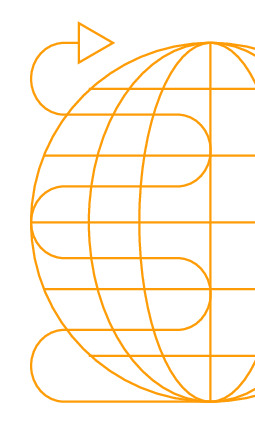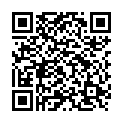|
|
|
| Module code: BITM-172 |
|
|
2VU (2 hours per week) |
|
2,5 |
| Semester: 1 |
| Mandatory course: yes |
Language of instruction:
Spanish |
Assessment:
Term paper with presentation (Can be repeated annually)
[updated 14.11.2022]
|
BITM-172 (P440-0043) International Tourism-Management, Bachelor, ASPO 01.10.2020
, semester 1, mandatory course
|
30 class hours (= 22.5 clock hours) over a 15-week period.
The total student study time is 75 hours (equivalent to 2.5 ECTS credits).
There are therefore 52.5 hours available for class preparation and follow-up work and exam preparation.
|
Recommended prerequisites (modules):
None.
|
Recommended as prerequisite for:
|
Module coordinator:
Prof. Dr. Thomas Tinnefeld |
Lecturer:
Dozierende des Studiengangs
[updated 26.03.2021]
|
Learning outcomes:
After successfully completing this module, students will:
- be able to communicate in Spanish using the four basic language skills (speaking, writing, listening, and reading) in a manner that is largely comprehensible and communicatively appropriate
- have mastered the technical language of economics and tourism in selected subject areas relevant to them in a generally appropriate manner
- be able to identify and reflect on aspects of the target language relevant to business and tourism
- be able to identify basic, potentially interculturally sensitive areas of communication with representatives of the target language countries based on these reflections under guidance
- be able to anticipate certain situations in their future professional life linguistically and create the conditions for coping with them
- be able to develop the basic vocabulary of areas (word fields) relevant to their future life and career under guidance
- be able to prepare presentations in the foreign language under guidance and deliver them in a manner that is understandable to the majority of the audience
[updated 14.11.2022]
|
Module content:
Exercises for listening and reading comprehension, speaking and writing skills (technical language-oriented text reception and production)
Specific issues in tourism will be addressed based on other courses offered during the semester
Professionally relevant role playing and simulations
Creation of subject-related, specialized presentations
Review of basic school grammar
Basic technical Spanish from the fields of economics and tourism
Improvement and development of standard vocabulary
Expansion of standard vocabulary and development of technical vocabulary
[updated 14.11.2022]
|
Teaching methods/Media:
Use of a multimedia computer language laboratory
Use of a wide range of multimedia: television and video, radio, press, computer-based interactivity
Partner work, group work and role playing
Presentations and short talks by students
Presentations by the lecturer
Discussions
Internet Research
The goal is to enable authentic foreign language communication within the teaching environment.
[updated 14.11.2022]
|
Recommended or required reading:
Target group-oriented teaching materials compiled by the lecturer
Articles from renowned newspapers and magazines from the target language countries
Texts for listening comprehension (audio/video)
Individually tailored vocabulary and grammar exercises for the target audience
Internet resources
[updated 14.11.2022]
|


